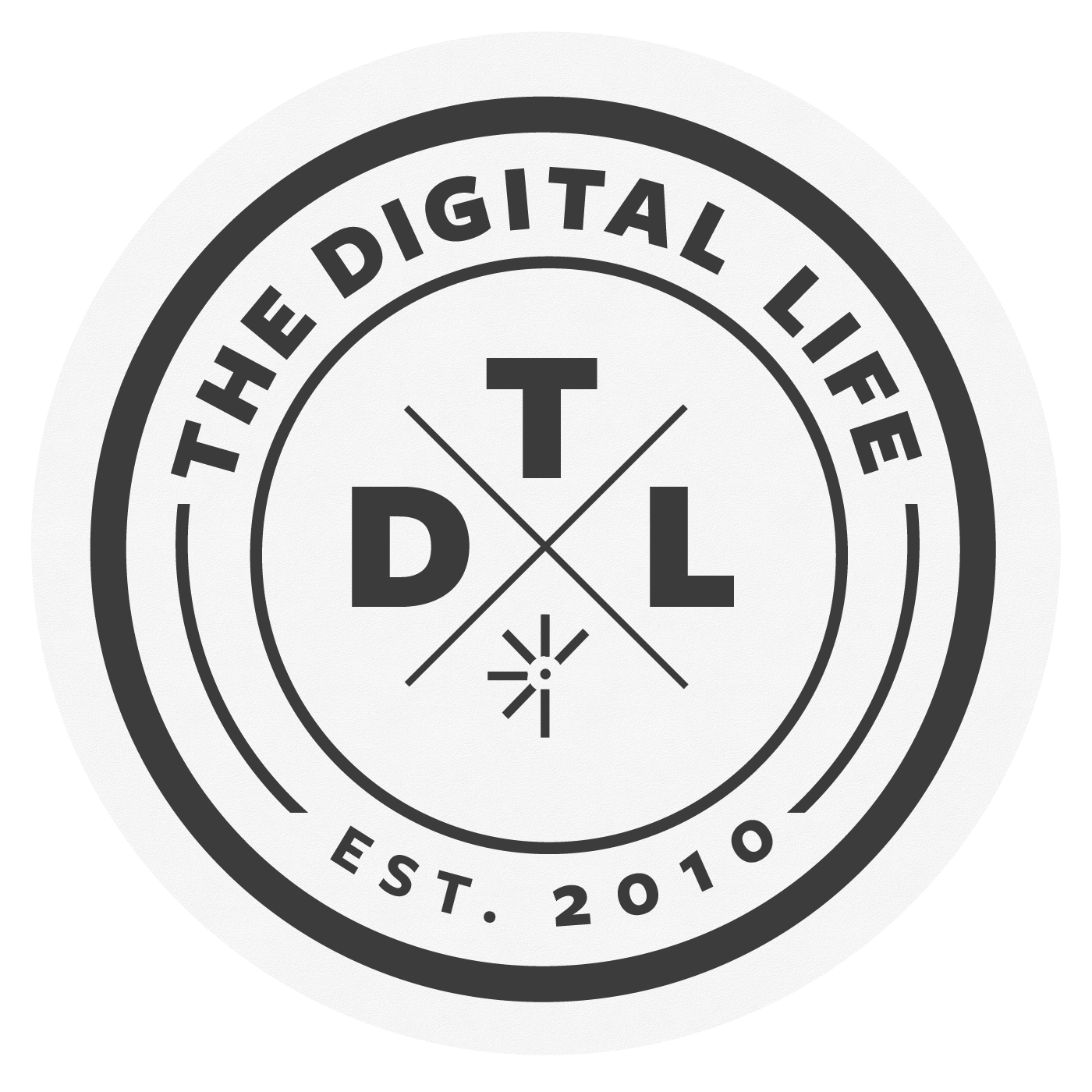Episode Summary
In this, the 80th episode of The Digital Life, Dirk Knemeyer interviews Jon Follett on the process of writing and editing "Designing for Emerging Technologies". The book, published by O'Reilly Media and available on Dec. 4, 2014, explores areas of fast-moving technology in desperate need of user experience design — from the IoT to robotics, 3D printing to wearables, neuroscience to synthetic biology, genomics and more.
To put the book together, a collection of 20 essays from some of the tech industry's top thinkers, Jon spent 16 months working with design innovators, engineers, and scientists from pioneering companies like Adaptive Path, Autodesk, Essential Design, Fjord, Google, Intel, Involution Studios, MIT Media Lab, Normative and Rethink Robotics.
In this podcast, Dirk and Jon discuss some of the behind-the-scenes thinking and decision making that went into the project.
Here are a few quotes from this week's discussion.
Jon on the experience of editing a collaborative piece:
I like bringing groups of smart people together and working with them. Because fundamentally, I mean, I know very well that there is no way I could be an expert on all of these topics — whether it’s additive fabrication or synthetic biology or collaborative robotics.
What I really wanted to do was to assemble almost a cutting-edge design conference, but in a book. Bringing together all these people who would understand the framework of the conversation and then once they understood what the “call of the theme” of the conference was, provide their own perspective on it. Really, I thought having all those different perspectives even though they would not be unified by a single author … I suppose I could have gone through and interviewed all those people, might have been another way to do it.
I felt, at the time, that having those unique voices much like a conference would was probably a way to approach that, that people would appreciate. Now, during the process of doing that, there were definitely times where I said, “Wow, I didn’t realize how much work it was to put something like this together.” I’ll be honest about it. I thought it would be easier than writing some of the books that I have in the past or even contributing to a book like this. I just did not appreciate the level of involvement that the editor has in shaping a book like this.
The O’Reilly folks were fantastic. I worked with three different editors on the project while it was going through development at different times. Each one of them brought their unique take on it whether it was the beginning, where we were recruiting people; the middle, where we were honing the writing and getting the chapters to relate to each other a little bit; and then finally, when we got to the end of it, pushing everything out the door. There was another editor to do that. There were definitely different stages, different personalities, and tasks for the editorial team over at O’Reilly and then just me being naïve and thinking, “Oh, this will be less difficult than writing a book on my own,” which I was shocked. I’m one of those people that tends to dig in and hold on, so that’s what I did.
There were so many rewarding moments throughout that I think it was a good decision. Maybe my next writing project will … Maybe I’ll just try writing the whole thing myself and then not pursue one of these massive undertakings, again for, at least, a little bit.
